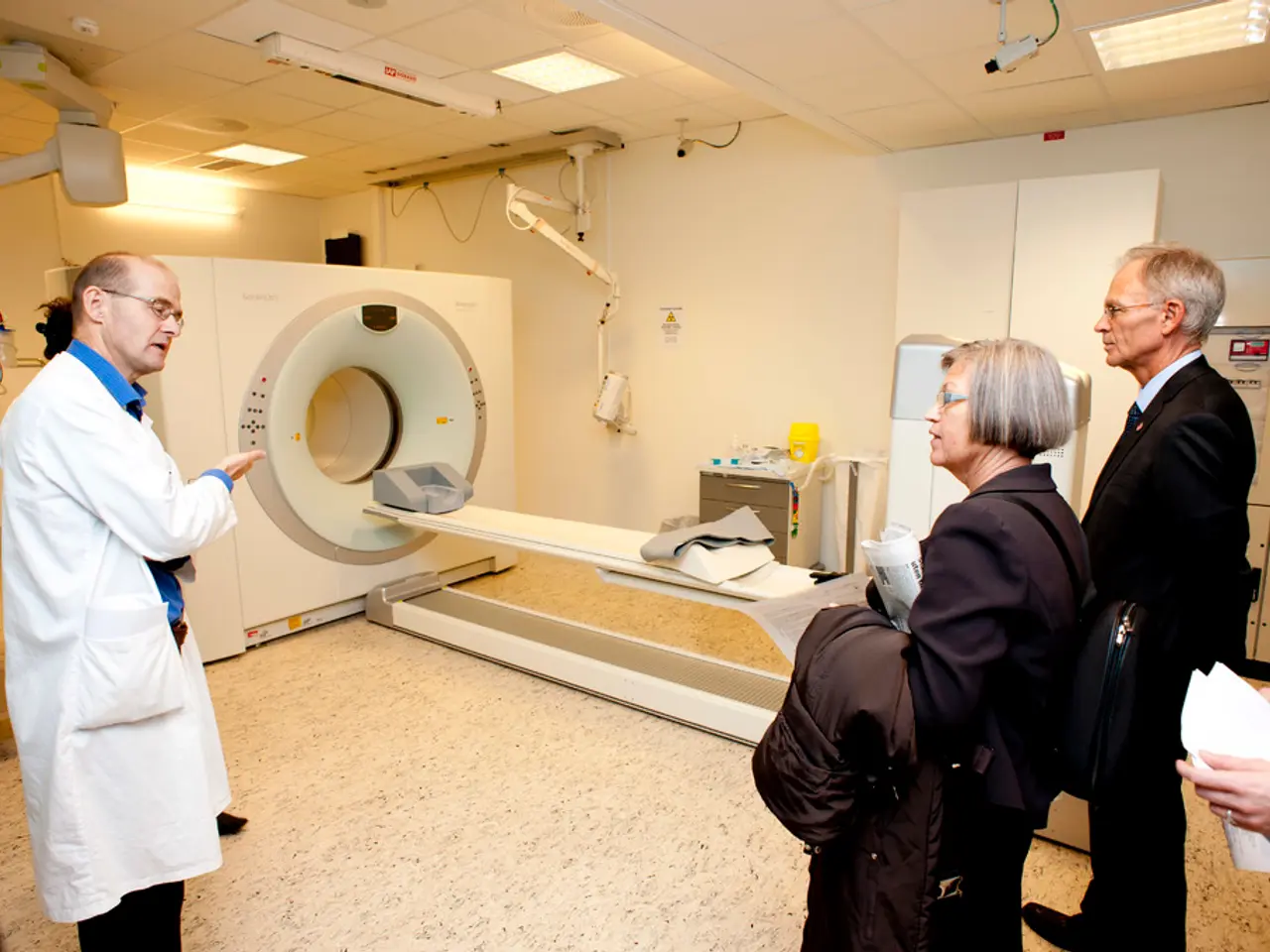Howard University incorporates initiative aimed at amplifying diversity within the physician assistant workforce
The American Academy of Physician Associates (AAPA) has launched a new initiative, the PAthways program, to increase diversity in the healthcare workforce. This program is being implemented at Howard University, New York City, and Fayetteville, North Carolina, with a specific focus on addressing the racial gap in certified Physician Assistants (PAs).
One of the key components of the PAthways program at Howard University is a mentorship scheme that connects minority students and recent graduates with a local PA mentor. This initiative aims to facilitate a smooth transition from college to the workforce.
Nia Layne, a junior at Howard University, is one of the participants in this program. Layne, who only remembers having one Black healthcare provider as a child, hopes to be part of the change in healthcare diversity.
The AAPA's PAthways program is part of a broader strategy to increase the number of certified PAs among minorities. According to the latest report from the National Commission on Certification of PAs, only 3.7% of PAs are Black.
The AAPA, founded in North Carolina in 1968, has ties to the DMV area and has teamed up with the Association of Physician Assistant Programs to create a joint national headquarters in Washington, D.C. The AAPA's national headquarters later moved to Arlington, Va., and then to Alexandria, Va., in 1988.
The AAPA's PAthways program also aims to raise awareness about the PA profession and provide mentorship at Historically Black Colleges and Universities (HBCUs) and other minority-serving institutions. Shumuel Ofosu-Koranteng, an Internal Medicine PA in the DC area, is one of the mentors in Howard's PAthways program and has shared his experience attending PA school and the challenges he faced.
A Harris Poll survey conducted by the AAPA found that 54% of adults prefer healthcare providers with similar backgrounds. However, the preference for similar backgrounds is stronger among Black (67%), Asian (66%), and Latino (62%) adults compared to 49% of white adults.
The AAPA's PAthways program is a targeted effort to support HBCU students entering PA programs to ultimately enhance diversity in the PA workforce and improve healthcare equity in underserved communities. The detailed mechanics of the PAthways program are not fully outlined in the provided search results, but its core mission aligns with increasing representation and inclusion of historically marginalized groups in the PA profession by focusing on educational access and support at HBCUs.
[1] Source: AAPA.org (Accessed on 2022-04-01)
- The AAPA's PAthways program extends its focus beyond healthcare diversity, aiming to raise awareness about the PA profession and offer mentorship at education-and-self-development institutions like Historically Black Colleges and Universities (HBCUs).
- In addition to addressing the racial gap in certified Physician Assistants (PAs), the AAPA's PAthways program aims to equip participants with skills-training for career-development, facilitating a smoother transition from college to the workforce.
- The AAPA's commitment to diversity-and-inclusion extends beyond the healthcare industry, as they partner with various institutions to foster financial stability through education and professional growth, no matter the background.
- The PAthways program's mentorship initiative is part of the AAPA's broader strategy to increase the number of certified PAs among minorities, with the goal of bridging the gap between current demographics (only 3.7% of PAs are Black) and a more diverse, inclusive workforce.
- The AAPA's PAthways program is a testament to the organization's belief that learning in diverse environments leads to personal-growth and a greater understanding of health-and-wellness among underserved communities, ultimately fostering a more equitable society.




